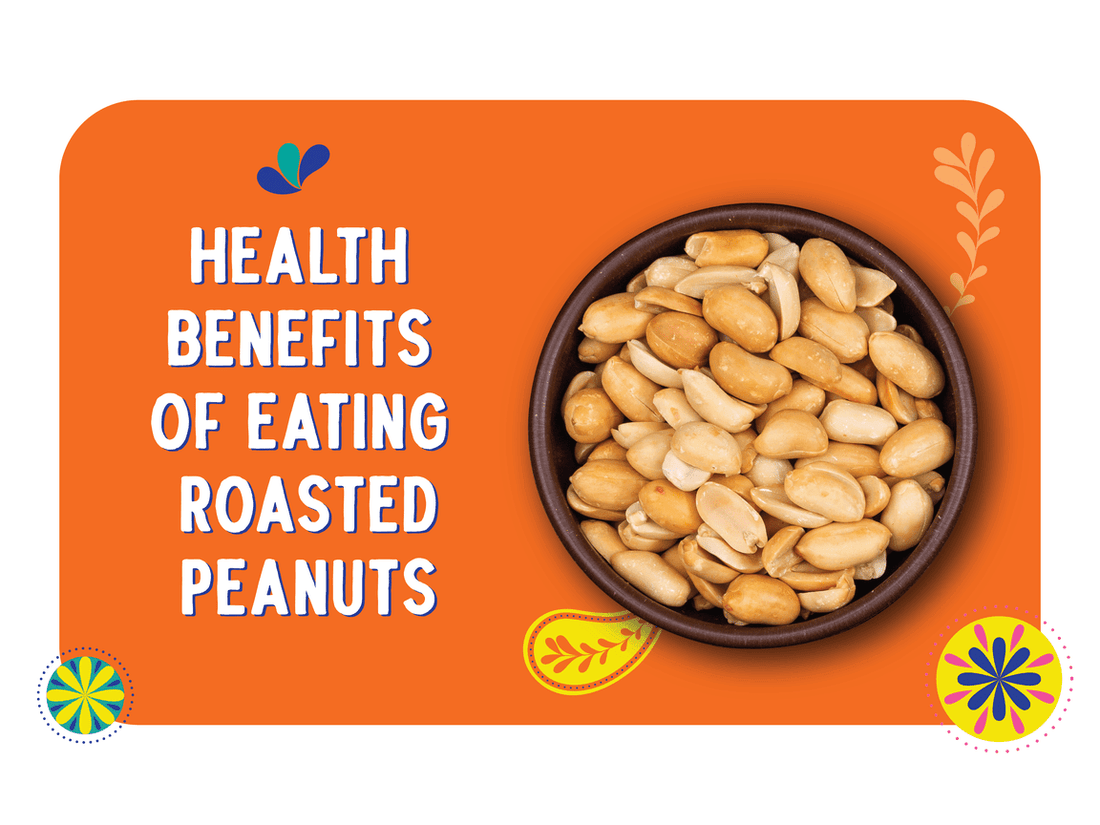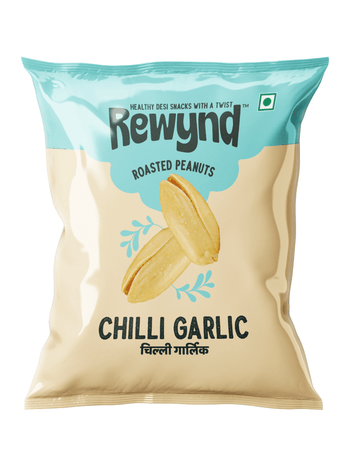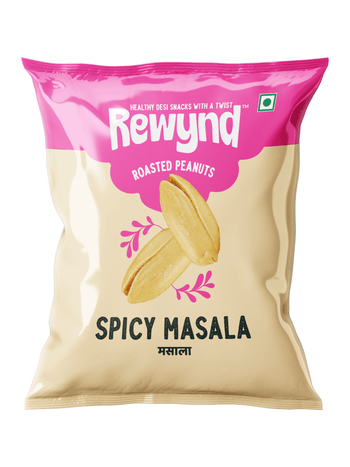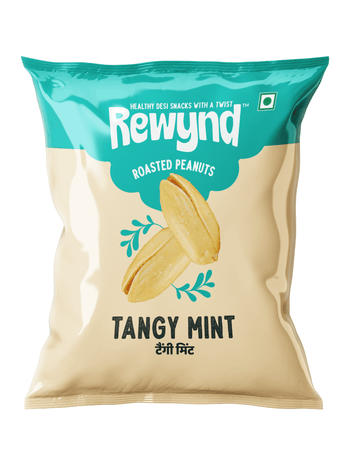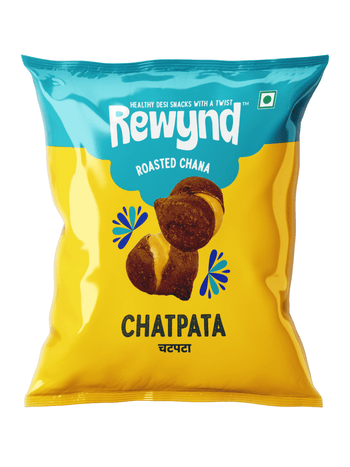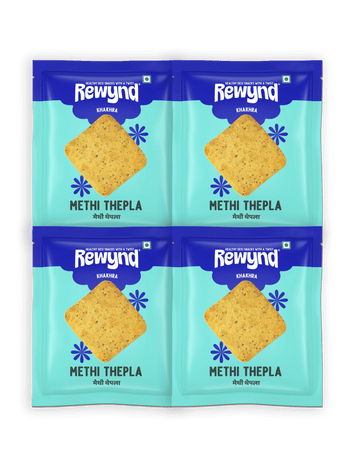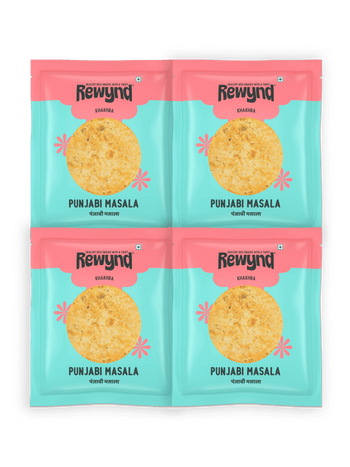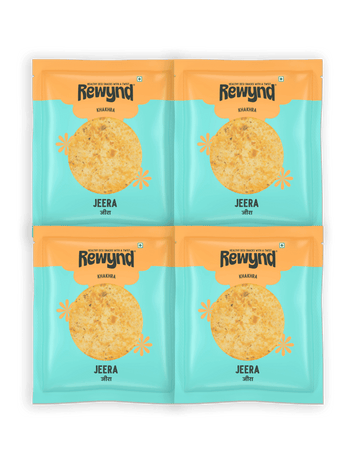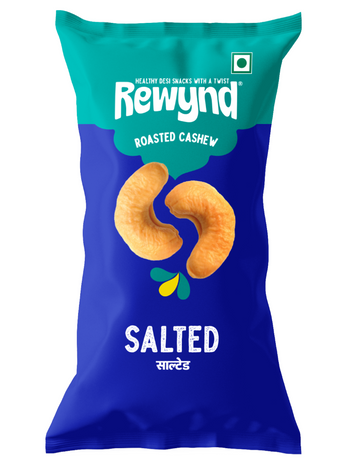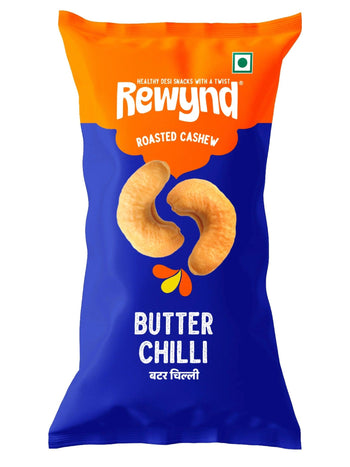Peanuts, a humble yet powerful legume, have woven their way into the fabric of global snacking habits. Particularly, roasted peanuts stand out not just for their crunchy texture and rich flavour, but also for their impressive health benefits. In this exploration, we'll delve into how these roasted gems compare with their raw counterparts, unpack their nutritional profile, and highlight their myriad health benefits.
Roasted Peanut vs Regular Peanut
While both forms of peanuts offer nutritional benefits, roasting amplifies the taste, aroma, and crunchiness of peanuts, making them irresistible. Moreover, roasting can enhance the bioavailability of certain nutrients, making it a preferred choice for many. Let’s look at some major differences in detail:
Roasted Peanuts:
Undergo a roasting process that intensifies their natural nutty flavor, making them a more palatable and desirable snack choice compared to their raw counterparts. The roasting process may slightly alter the nutrient composition, potentially making some nutrients more bioavailable. This means your body can absorb these nutrients more easily, enhancing the health benefits of the nuts. Their enhanced flavor and texture make them a superior choice for various culinary applications, from snacks to garnishes in salads and desserts. Their crunchiness adds a delightful contrast to soft-textured dishes.Besides being a source of protein and healthy fats, roasted peanuts are a heart-healthy snack. Their roasting process might also reduce the presence of certain anti-nutrients, making them a slightly healthier option.
Regular Peanuts:
While nutritious, they lack the depth of flavor that roasting brings out, making them less appealing to some palates. They maintain their natural nutritional profile, which includes proteins, healthy fats, and vitamins. However, the bioavailability of these nutrients may be lower compared to roasted peanuts. While still versatile in cooking and baking, raw peanuts may require additional preparation steps, such as soaking or roasting, to achieve the desired flavor and texture in recipes. They offer similar health benefits, including vitamins and minerals essential for good health. However, without the roasting process, they retain more anti-nutrients, which can interfere with nutrient absorption.
Nutrition in 100 gm Roasted Peanut
Roasted peanuts are a powerhouse of nutrients. In every 100 grams, they pack a significant amount of protein, healthy fats, fiber, vitamins, and minerals. Specifically, they are an excellent source of B-vitamins, magnesium, phosphorus, and zinc, contributing to overall health and wellbeing. Take a look to following nutrition chart for in-depth comparison:

This table provides the nutritional information per serving size of 100g, along with the corresponding % Daily Values.
Nutritional Table Reference:
Health Benefits of Roasted Peanuts:
Roasted Peanut Benefit in Weight Management
-
Satiety and Reduced Hunger:
Roasted peanuts are rich in protein and dietary fiber, both of which are known to increase feelings of fullness. This can lead to a reduced overall calorie intake by minimising snacking between meals. -
Energy Balance:
The healthy fats in roasted peanuts provide a sustained source of energy, helping to maintain an effective metabolism while avoiding the quick spikes and dips associated with high-carbohydrate snacks. -
Nutrient-Dense Snack:
Despite being energy-dense, roasted peanuts offer a nutrient-rich profile, ensuring that you get more nutritional value for the calories consumed, supporting overall health and weight management efforts.
Roasted Peanut Benefit in Heart Health
- Healthy Fats: Roasted peanuts contain monounsaturated and polyunsaturated fats, which are beneficial for heart health, helping to lower bad cholesterol levels and reduce the risk of heart disease.
- Antioxidant Properties: They are also a good source of antioxidants, such as resveratrol, which can improve heart health by protecting against arterial damage.
- Blood Pressure Regulation: Magnesium found in roasted peanuts contributes to blood pressure regulation, further supporting cardiovascular health.
Roasted Peanut Benefit in Blood Sugar Control
- Low Glycemic Index: Roasted peanuts have a low glycemic index, meaning they do not cause large spikes in blood sugar levels, making them a safe snack for individuals managing diabetes.
- Rich in Magnesium: Magnesium has been linked to a lower risk of type 2 diabetes through its role in glucose metabolism, and roasted peanuts are a good source of this essential mineral.
- Protein and Fat Balance: The balance of protein and healthy fats in roasted peanuts helps in slow digestion and steady energy release, aiding in blood sugar control.
Roasted Peanut Benefit in Muscle Building
- High-Quality Protein: Roasted peanuts are a great source of high-quality protein, essential for muscle growth and repair. This makes them an excellent snack for athletes or anyone looking to increase muscle mass.
- Amino Acids: They provide essential amino acids that the body cannot produce on its own, which are crucial for muscle development and repair.
- Energy for Workout: The healthy fats in roasted peanuts offer sustained energy, making them a beneficial pre-workout snack to fuel physical activities and muscle building.
Side-Effects of Eating Roasted Peanuts
While roasted peanuts offer numerous health benefits, there are potential side-effects worth noting:
- Allergic Reactions: Peanuts are a common allergen, and consuming them can trigger severe allergic reactions in some individuals, including anaphylaxis.
- High Calorie Count: Due to their high fat content, roasted peanuts are calorie-dense, which could contribute to weight gain if consumed in excessive amounts.
- Increased Sodium Intake: Some roasted peanuts come with added salt, which can lead to increased sodium intake, potentially raising blood pressure.
- Risk of Contaminants: Peanuts can be susceptible to aflatoxins, a type of mold that can be carcinogenic. Proper storage and choosing high-quality products can minimize this risk.
Eating roasted peanuts in moderation is key to avoiding these potential side effects, ensuring you can enjoy their benefits without adverse effects.
Roasted peanuts are not just a delightful snack but also a bundle of health benefits. Incorporating them into your diet can contribute to various aspects of health, provided they are consumed in moderation and as part of a balanced diet. Whether you're looking for a heart-healthy snack, a protein boost, or just a tasty treat, roasted peanuts are worth considering.
FAQs
-
Can we eat roasted peanuts daily?
Yes, you can enjoy roasted peanuts daily. However, remember that anything in excess is not good for your health so keep it in moderation, as part of a balanced diet. -
How much protein is in roasted peanuts?
You can get approximately 25-30 grams per 100 grams. -
What Is the Best Time to Eat Peanuts?
Anytime, though many prefer them as a mid-morning or afternoon snack. If you have gas trouble, avoid having peanuts before bed-time. -
Which is better, roasted peanuts or regular peanuts?
Roasted peanuts have enhanced flavor and possibly more bioavailable nutrients but choose based on personal preference. -
Can We Eat Peanuts with an Empty Stomach?
Yes, they can be a healthy option but start with a small amount to see how your body reacts.
